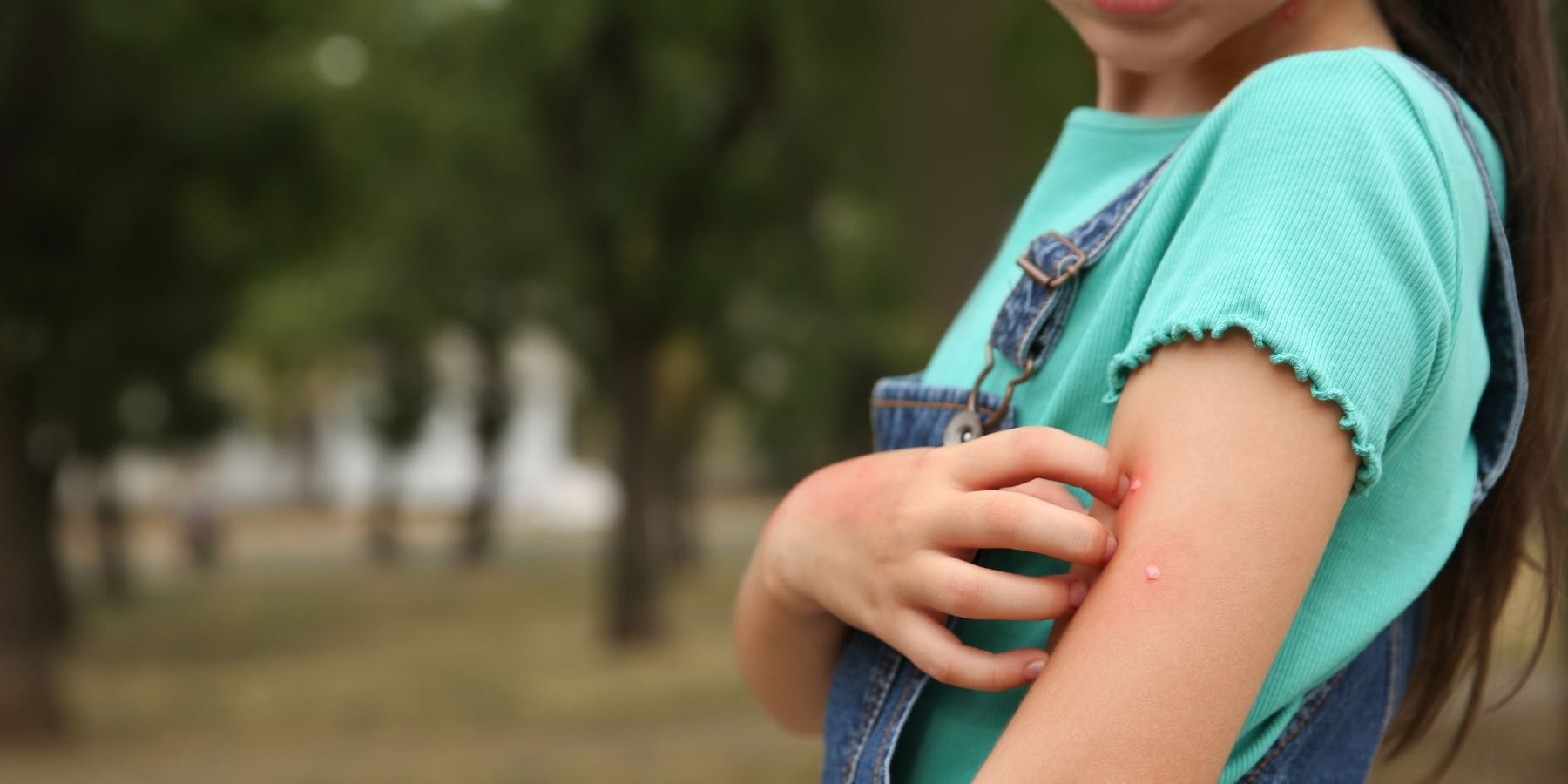Waking up with itchy, red bites can be an uncomfortable experience. Often, the culprits behind these bites are either mosquitoes or bed bugs. But how can you tell the difference?
This is crucial, as knowing the source can help you manage and prevent further bites.
This article will guide you through identifying whether you’ve been bitten by a mosquito or a bed bug, using simple, clear terms.
Understanding Mosquito Bites
Mosquitoes are common insects, especially in warmer months and in areas with standing water. When a mosquito bites, it uses its sharp, tube-like mouthpart to pierce your skin and feed on your blood. The result is a bite that can be:
Itchy and Immediate: Mosquito bites usually cause a quick, mild itch. They often become noticeable right after the mosquito bites you.
Small and Puffy: These bites often appear as small, puffy, round bumps.
Randomly Placed: Mosquitoes can bite anywhere on your body, and the bites are often randomly scattered.
Short-lived: Generally, the discomfort and visibility of mosquito bites fade within a few days.
Recognizing Bed Bug Bites
Bed bugs are small, nocturnal insects that live in mattresses, furniture, and cracks in walls. They emerge at night to feed on human blood, leading to bites that are:
Delayed Reaction: Bed bug bites might not be immediately noticeable. Sometimes, it takes a few days for symptoms to appear.
Small, Red, and in a Line: These bites often look like small, red, flat welts. They typically occur in a straight line or zigzag pattern.
Common in Hidden Areas: Bed bugs tend to bite areas of the body that are exposed during sleep, like the arms, neck, and face.
Long-lasting Itchiness: The itchiness from bed bug bites can be intense and may last longer than mosquito bites.
Key Differences
While both bites appear as red, itchy spots, there are notable differences:
Pattern of Bites:
Mosquito bites are often random and isolated.
Bed bug bites usually follow a linear or zigzag pattern.
Reaction Time:
Mosquito bites itch almost immediately.
Bed bug bite reactions can be delayed.
Location of Bites:
Mosquitoes can bite any exposed skin.
Bed bugs typically bite areas exposed while sleeping.
Duration of Itchiness:
Mosquito bite itchiness fades relatively quickly.
Bed bug bites remain itchy for a longer time.
Prevention Tips
For Mosquitoes:
Use insect repellent when outdoors.
Eliminate standing water around your home.
Wear long-sleeved shirts and pants in mosquito-prone areas.
For Bed Bugs:
Regularly inspect your mattress and furniture for signs of bed bugs.
Use protective covers on mattresses and pillows.
Be cautious when bringing second-hand furniture into your home.
When to Seek Medical Attention
While most bug bites are harmless, some can lead to more serious health issues. Seek medical attention if you experience:
Severe allergic reactions like difficulty breathing, swelling, or dizziness.
Signs of infection, such as increased redness, swelling, or pus.
Conclusion
Identifying the difference between mosquito and bed bug bites is key to effectively managing and preventing them. By understanding these differences and following prevention tips, you can reduce your chances of being bitten. Remember, if you’re ever in doubt or if the bites seem severe, it’s always best to consult with a healthcare professional.
